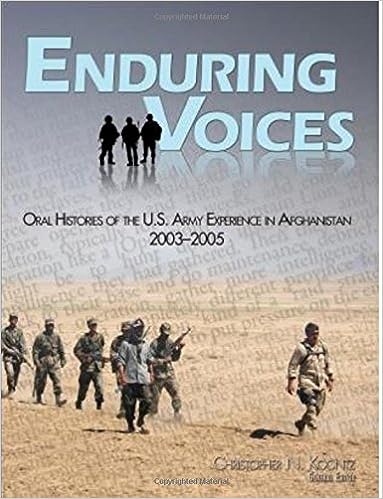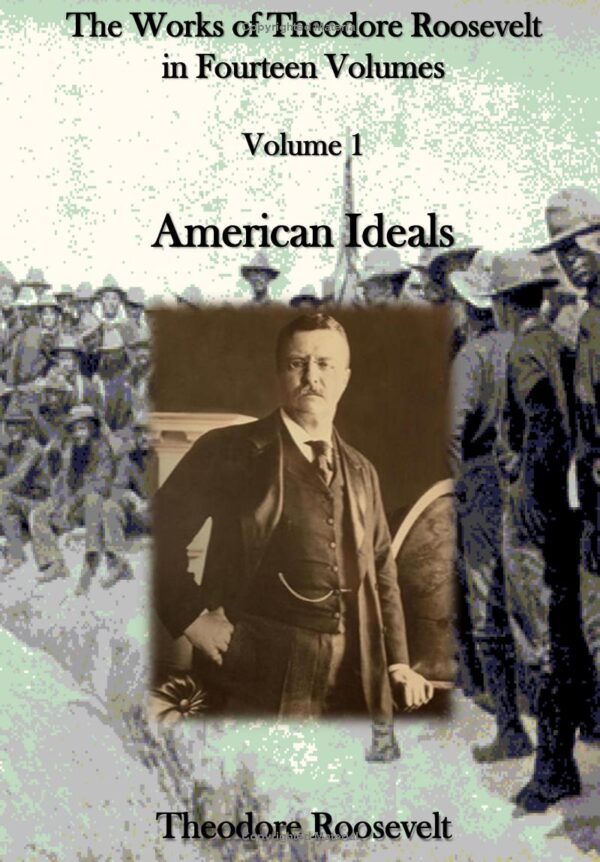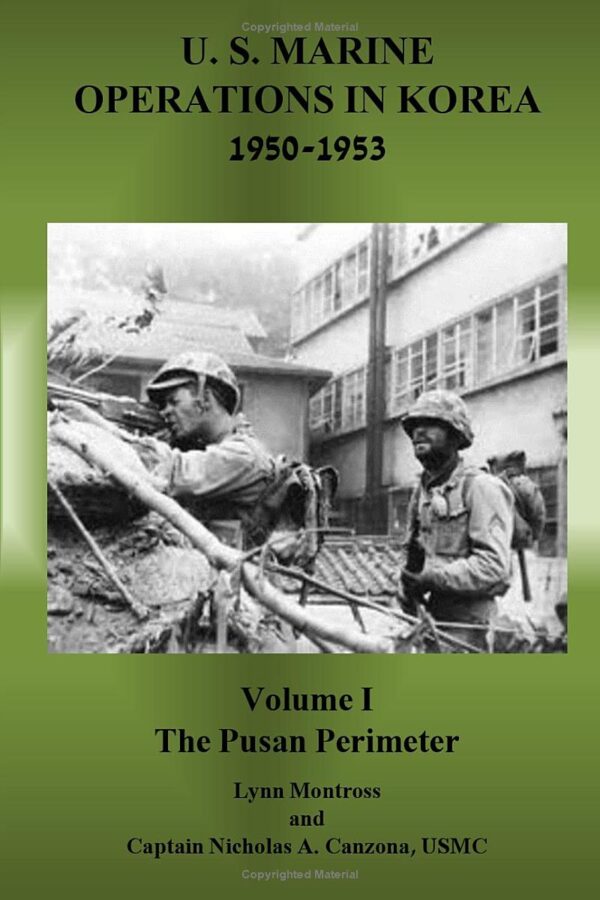In October 2001, U.S. troops and their allies struck back at the Taliban regime in Afghanistan that had harbored and supported the terrorists responsible for the attacks of 11 September. This swift and forceful response deposed the Taliban and heralded the beginning of what would become a long struggle to bring stability and security to the people of Afghanistan. Not only did the Americans confront a persistent insurgency in Afghanistan, but they also faced the pervasive poverty and political instability that fed it. Two years into the conflict, Lt. Gen. David W. Barno, the commander of Combined Forces Command-Afghanistan, devised a sophisticated counterinsurgency strategy that reoriented and refocused military operations. His new approach integrated military operations against insurgents with efforts to develop the government, defense forces, and economy of Afghanistan. The U.S. Army Center of Military History prepared this anthology of oral histories to document this critical period in the Afghan conflict. It records the memories, perspectives, and opinions of those who planned and implemented the counterinsurgency strategy at multiple echelons of command between 2003 and 2005. The interviews selected for this volume provide, in the words of those who participated in the events, insights into the complex operational environment in Afghanistan and the ways in which the Army adapted and adjusted its strategy and tactics to that environment.
582 pages





